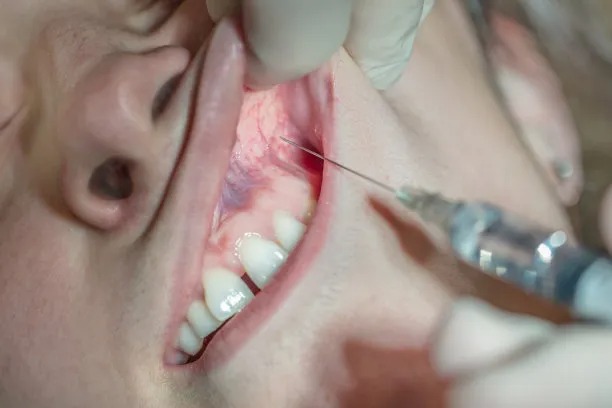Essential Safety Measures to Consider Before Undergoing Dental Filling Procedures for Optimal Oral Health
Summary: Dental fillings are a common procedure to restore teeth affected by cavities or decay. However, several essential safety measures must be taken before undergoing the procedure to ensure optimal oral health. This article discusses crucial aspects to consider, such as consulting with a qualified dentist, understanding the types of fillings available, preparing adequately for the appointment, and embracing aftercare for successful recovery. By taking these precautions, patients can enhance their experience and improve the longevity of dental fillings while maintaining good oral hygiene.
1. Importance of Consulting an Experienced Dentist

Before undergoing dental filling procedures, it is essential to consult with a qualified and experienced dentist. A skilled dentist will evaluate the extent of decay and recommend the most appropriate filling material. They will also discuss the benefits and possible risks associated with each option, allowing patients to make informed decisions tailored to their unique situations.
Moreover, a dentist with a good reputation will likely have experience in effectively managing potential complications. During the consultation, ask about their previous work and consider reading reviews from other patients. This will help you gain confidence in their expertise and ensure you are in capable hands during the procedure.
Additionally, the dentist can discuss alternative treatments if necessary. In some cases, fillings might not be the best solution. Understanding all available options allows you to prioritize your oral health, setting you up for long-term success.
2. Understanding the Types of Dental Fillings
Another crucial safety measure is understanding the various types of dental fillings available. Different materials, such as amalgam, composite resin, gold, and porcelain, offer unique advantages and disadvantages. Amalgam fillings, commonly made from a mixture of metals, are durable and cost-effective but may not blend seamlessly with natural tooth color.
Composite fillings, on the other hand, are designed for aesthetics, enabling a tooth-colored finish that closely matches the natural appearance. They may not be as durable as amalgam fill but can be ideal for visible areas of the mouth. Gold fillings offer a luxurious option and go through advanced procedures, showcasing exceptional durability.
Lastly, porcelain fillings are also a discreet option and can be ultra-customized for enhanced aesthetics. Understanding these materials helps patients choose fillings best suited for their needs, balancing durability with appearance and cost.
3. Preparing for the Dental Filling Appointment
Preparation for a dental filling procedure is key to minimizing anxiety and ensuring a smooth process. Start by discussing with your dentist any medications or supplements you are taking as they can influence anesthesia and recovery. Certain medications may need to be paused before the procedure, so it’s essential to provide a complete medical history.
Consider discussing pre-treatment anesthesia options with your dentist. Preferences regarding numbing methods, such as local anesthesia or sedation, should be addressed beforehand to ensure comfort during the procedure. Knowing what to expect can help patients feel more relaxed and in control.
Lastly, arrange for someone to drive you back home if sedation will be used during the procedure. Being prepared helps alleviate unnecessary stress and ensures that the focus remains on optimum oral health rather than logistical challenges.
4. Embracing Aftercare for Optimal Recovery
Once the filling is in place, appropriate aftercare is critical to ensure recovery and long-term success. Mitigating discomfort is often achieved with over-the-counter pain relievers, but following your dentists specific post-care instructions is essential to avoid complications. Patients should avoid hard foods or hot/cold beverages for a few days following the procedure to allow the filling to set properly.
Additionally, maintaining impeccable oral hygiene will promote healing. Brushing and flossing regularly around the filled tooth will help prevent future decay and protect your investment. In the weeks following the procedure, regular check-ups with the dentist are advisable to monitor the filling and surrounding teeth.
Finally, be aware of unusual symptoms, such as persistent pain or changes in bite alignment. If anything feels off, contact your dentist immediately for a follow-up appointment to address any potential issues promptly.
Summary:
In conclusion, ensuring optimal oral health before undergoing dental filling procedures requires meticulous planning and execution. Consulting a qualified dentist, understanding the types of fillings available, effectively preparing for the appointment, and embracing aftercare are pivotal steps in the process. By taking these essential safety measures, patients can pave the way for healthier teeth and a more confident smile.
This article is compiled by Vickong Dental and the content is for reference only.



